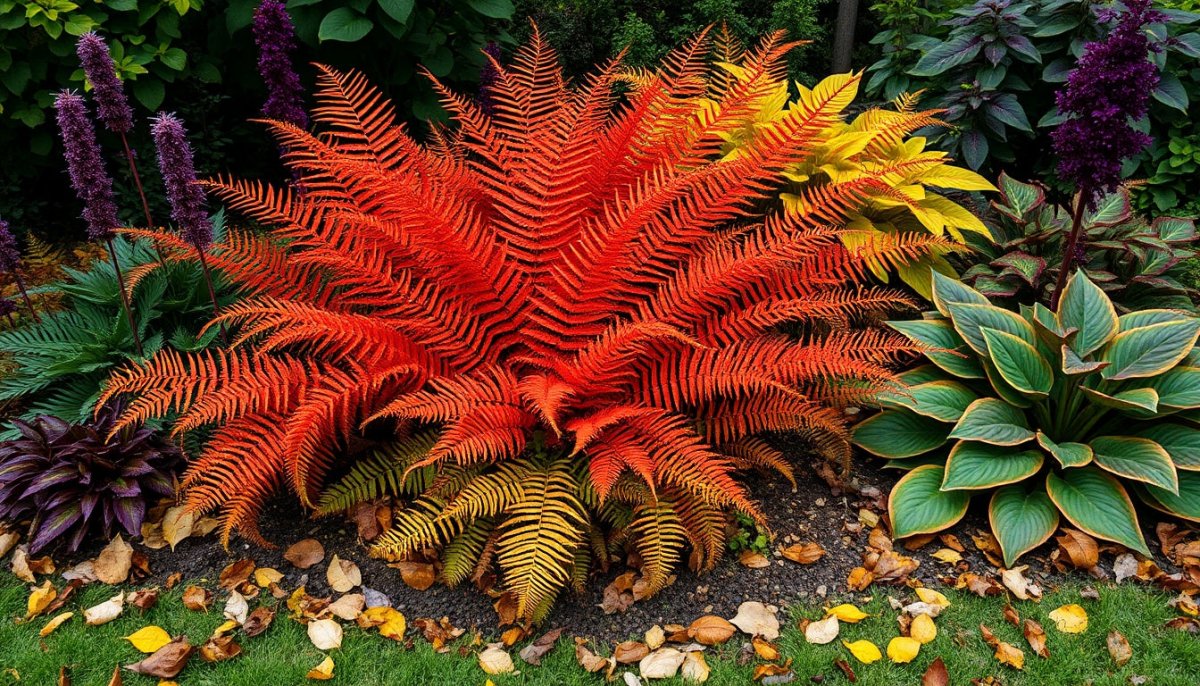Welcome to another edition of Pro Tip Tuesday, your go-to guide for expert landscaping insights. In this week's edition, we dive deep into the essential role mulch plays in sustaining healthy landscapes, with insights from some of the best minds in the RCI Landscaping Company Southeast.
Understanding the Magic of Mulch
What is Mulch?
Mulch is a layer of organic or inorganic material placed on the surface of soil to conserve moisture, improve fertility, and reduce weed growth. Organic mulch includes bark pieces, wood chips and straw, while inorganic mulch may comprise gravel or plastics.
Why is Mulch Important?
Mulch is essential for landscape maintenance due to its multifaceted benefits - it safeguards the soil, boosts its fertility, diminishes weed growth, and elevates your garden's aesthetic appeal.
The Multifaceted Benefits of Mulching
Landscape Preservation
Mulch serves as a shield against harsh weather conditions, protecting the soil from wind and water erosion. It keeps the winter cold at bay and cools the soil in the summer.
Soil Fertility Enhancement
Organic mulch decomposes over time, enriching the soil with essential nutrients and improving soil structure for enhanced absorption of water and minerals.
Weed Reduction
A thick layer of mulch prevents the growth and spread of unwanted weeds in your landscapes by blocking the amount of sunlight they require to proliferate.
- Choose Mulch Materials: Depending on your landscape requirements and the look you desire, select organic or inorganic mulch materials.
- Prepare the Site: Clean the area and remove any weeds before applying mulch.
- Apply Mulch: Spread a 2-4 inch layer of mulch around plants and on bare soil. Avoid piling mulch against plant stems or tree trunks.
- Replenish Regularly: Organic mulch decays over time. Replenish it annually to maintain a sufficient layer.
In conclusion, with proper landscape management, mulch can be an indispensable tool for maintaining healthy and attractive commercial landscapes. Contact us to learn more.

.png)



